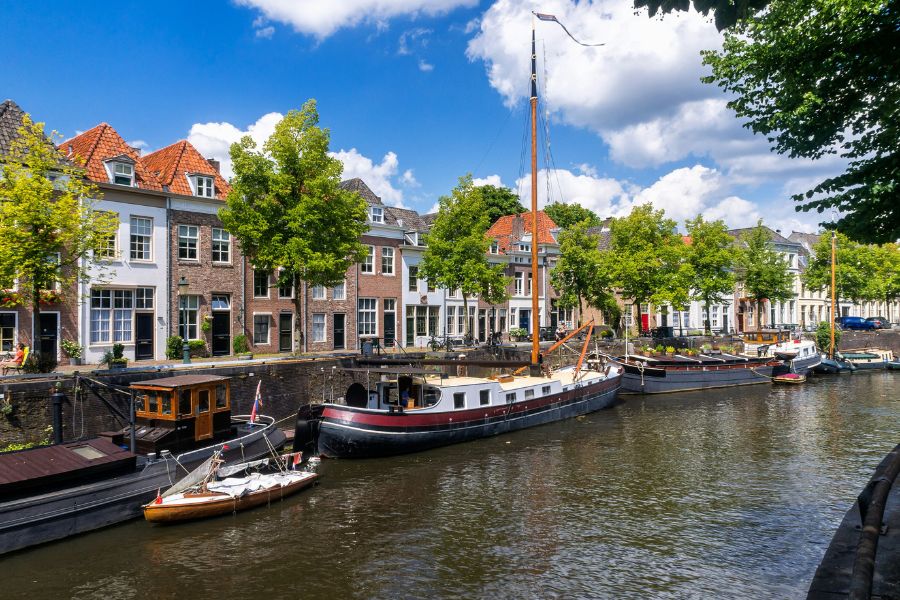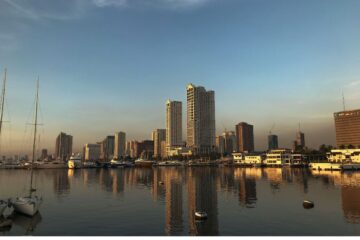The Netherlands has become a hotspot for international professionals seeking both career growth and high-quality living standards. Known for its open economy, diverse workforce, and robust social infrastructure, it offers clear pathways for foreign workers who want to transition from temporary employment to long-term residency. But while the Dutch system is structured and transparent, moving from a work visa to permanent residency requires careful planning and understanding of specific immigration rules.
Key Takeaways
Understanding the Dutch Work Visa System
In the Netherlands, work visas are primarily issued as residence permits for work purposes. These permits allow foreign nationals to live and work legally in the country while remaining under the sponsorship of a recognized employer. The most common work-based visas include the Highly Skilled Migrant Permit, the Intra-Company Transfer Permit, and the Regular Work Permit for other professional roles. Each of these visas is typically valid for one to five years and can be renewed, provided employment continues and conditions are met.
The Highly Skilled Migrant (Kennismigrant) Permit is particularly significant for long-term prospects, as it targets professionals with specialized skills, advanced degrees, or substantial experience. Unlike other permits, it often offers a faster route to long-term residency due to the stable, high-income employment associated with it.
Eligibility Criteria for a Dutch Work Visa
To qualify for a Dutch work visa, applicants must have a confirmed job offer from a recognized sponsor. Employers must be officially listed as a recognized sponsor by the Dutch Immigration and Naturalisation Service (IND), which ensures that hiring foreign workers complies with local labor regulations.
Also Read: How to Get Permanent Residency in the Netherlands
Income thresholds vary by age and role but are strictly enforced, especially for highly skilled migrants. Applicants must also provide proof of qualifications, clean criminal records, and adequate health insurance coverage. In addition, the Netherlands requires foreign workers to maintain legal residence status without gaps to remain eligible for future permanent residency.
Pathway from Work Visa to Permanent Residency
Transitioning from a temporary work visa to permanent residency (PR) in the Netherlands is a structured process. Generally, foreign workers become eligible for PR after five years of continuous legal residence, during which they must remain employed and comply with tax and social security obligations.
Unlike countries where a simple accumulation of years is sufficient, the Netherlands emphasizes integration into Dutch society. Applicants must pass the civic integration exam, which assesses language skills and knowledge of Dutch culture, law, and society. Those who successfully meet these requirements demonstrate not only stability but also the ability to participate fully in Dutch life.
For high-income or highly skilled migrants, the pathway may be slightly accelerated. Maintaining consistent employment, contributing to social security, and demonstrating sufficient income can sometimes shorten the residency timeline, though the standard five-year period remains typical for most applicants.

The Application Process for Permanent Residency
Once eligible, applicants submit their permanent residency application to the Dutch Immigration and Naturalisation Service (IND). The process requires a detailed submission of documents, including:
- Valid passport and residence permits.
- Proof of continuous employment and income.
- Evidence of tax payments and social security contributions.
- Certificates for Dutch language proficiency and civic integration.
The IND evaluates both legal and practical integration factors, ensuring applicants have contributed to the country economically and socially. Processing times can range from three to six months, depending on the complexity of the application and the thoroughness of documentation.
Common Challenges and Considerations
Many applicants encounter obstacles when switching employers or experiencing gaps in employment, which can delay eligibility for permanent residency. Language proficiency is another common challenge, as the civic integration exam requires a practical understanding of the Dutch language and culture.
Additionally, non-EU nationals must remain under legal, uninterrupted residence, with strict monitoring of permit validity. Missing a renewal deadline or failing to report changes in employment can reset the eligibility clock. Understanding these requirements and maintaining meticulous records is essential for a smooth transition from work visa to PR.
Benefits of Permanent Residency in the Netherlands
Obtaining PR in the Netherlands brings significant advantages. Permanent residents can live and work without restrictions, start businesses freely, and access comprehensive healthcare and social services. They also gain the ability to sponsor family members, including spouses and children, for long-term residence.
Also Read: Netherlands Introduces E-Visa Rules: How to Apply in 2025
Permanent residency also enhances mobility within the European Union, allowing holders to travel freely in most EU countries for short stays. For professionals seeking stability and long-term integration, the Netherlands offers a combination of strong economic opportunities, high-quality living, and a predictable legal framework for foreign workers.
Conclusion
The Netherlands provides a structured and reliable pathway from a work visa to permanent residency, but it requires consistency, compliance, and active integration into Dutch society. While five years of continuous employment and legal residence is the standard timeline, the system rewards those who demonstrate financial stability, cultural engagement, and professional contribution.
For international professionals committed to building a life in Europe, the Dutch work visa route offers not just employment opportunities but a clear and practical way to secure permanent residency, with benefits that extend to family members and long-term career growth.
Reference: https://ind.nl/en/replace-extend-renew-and-change/permanent-residency/permanent-residence-permit





